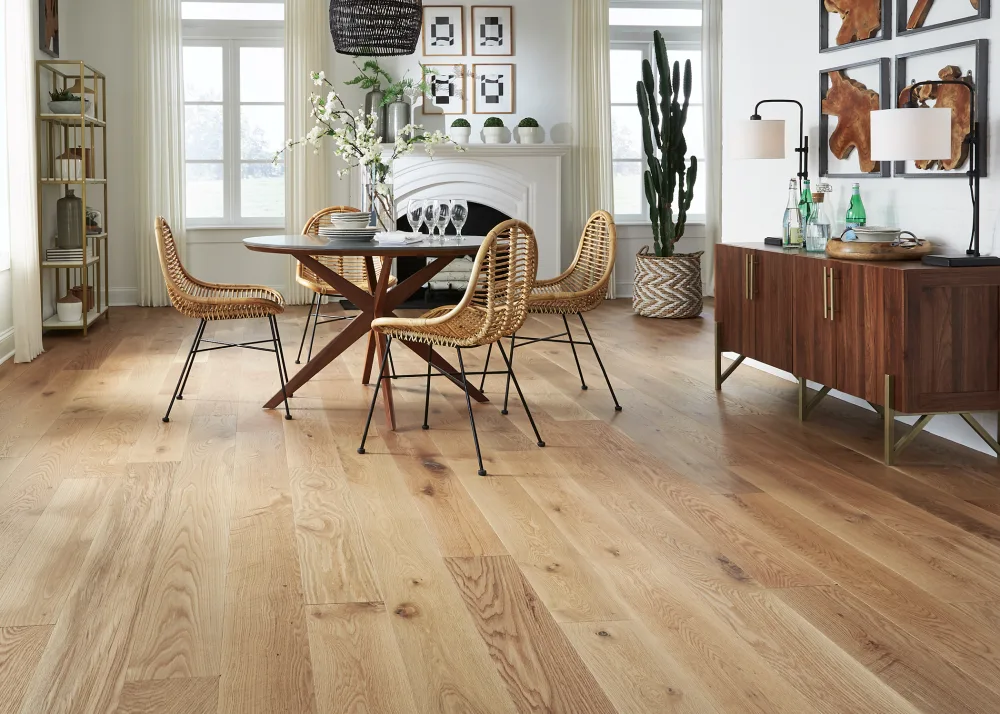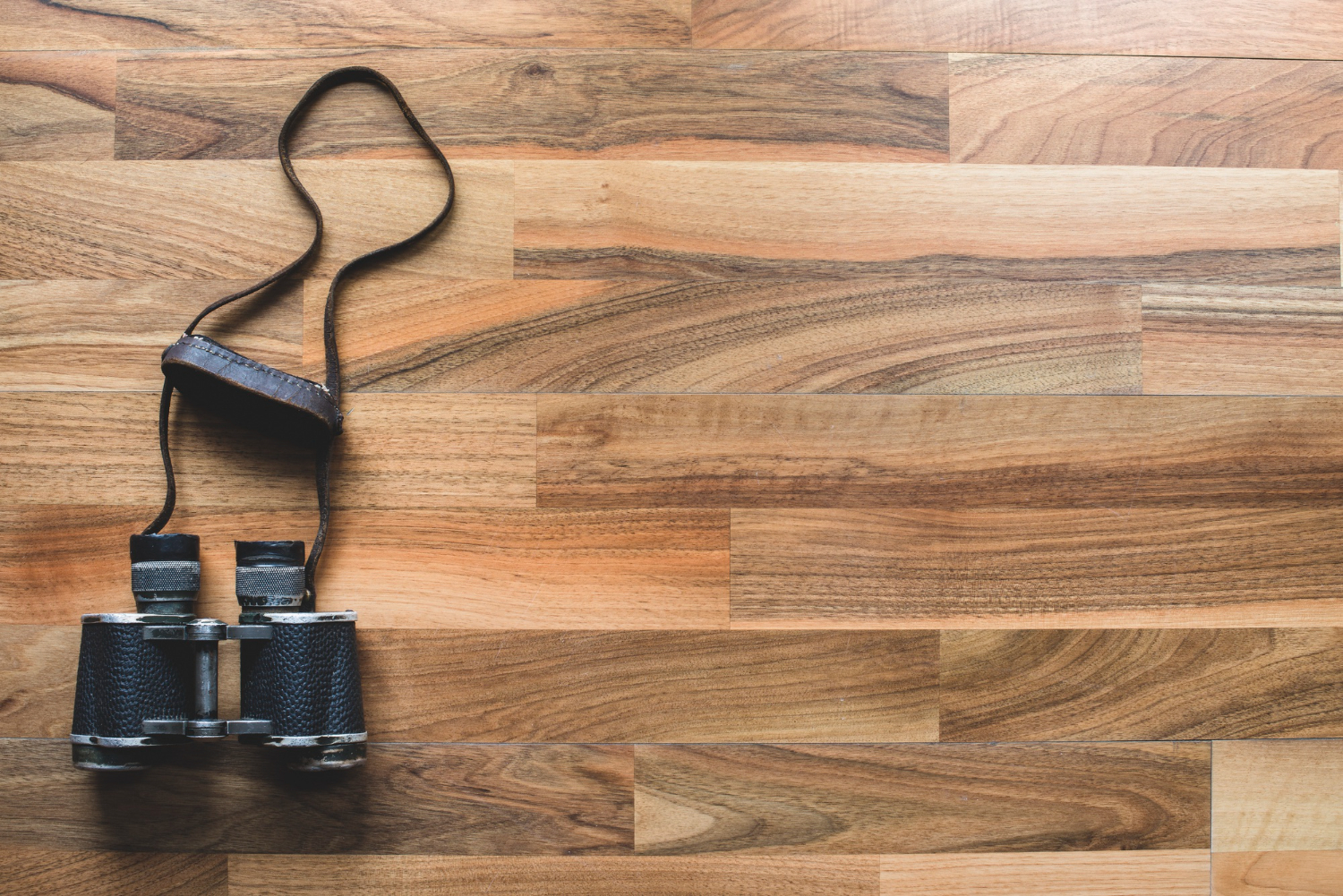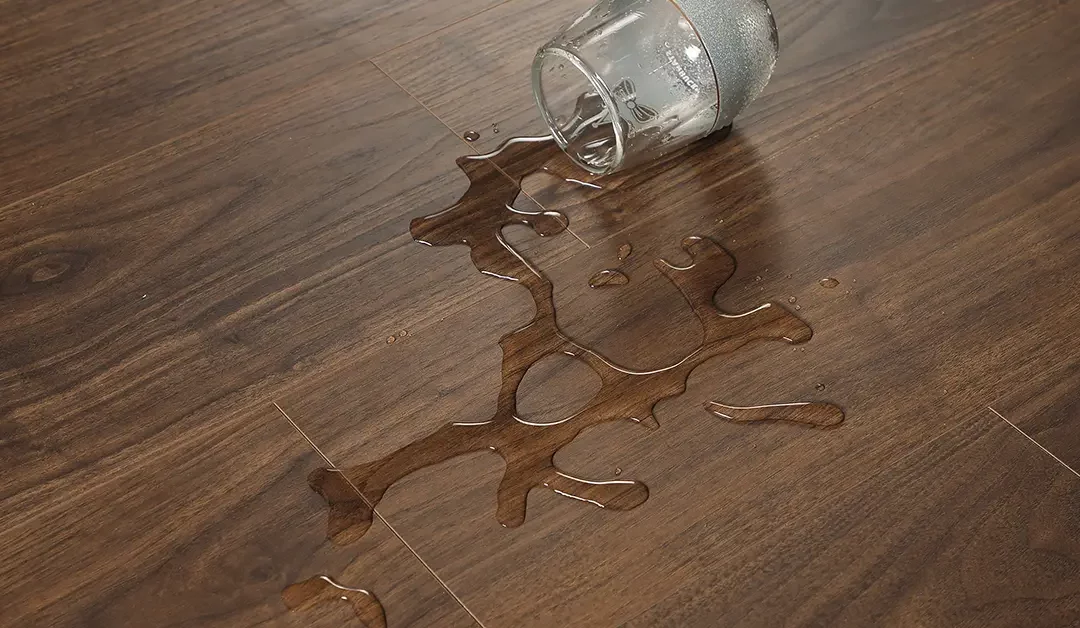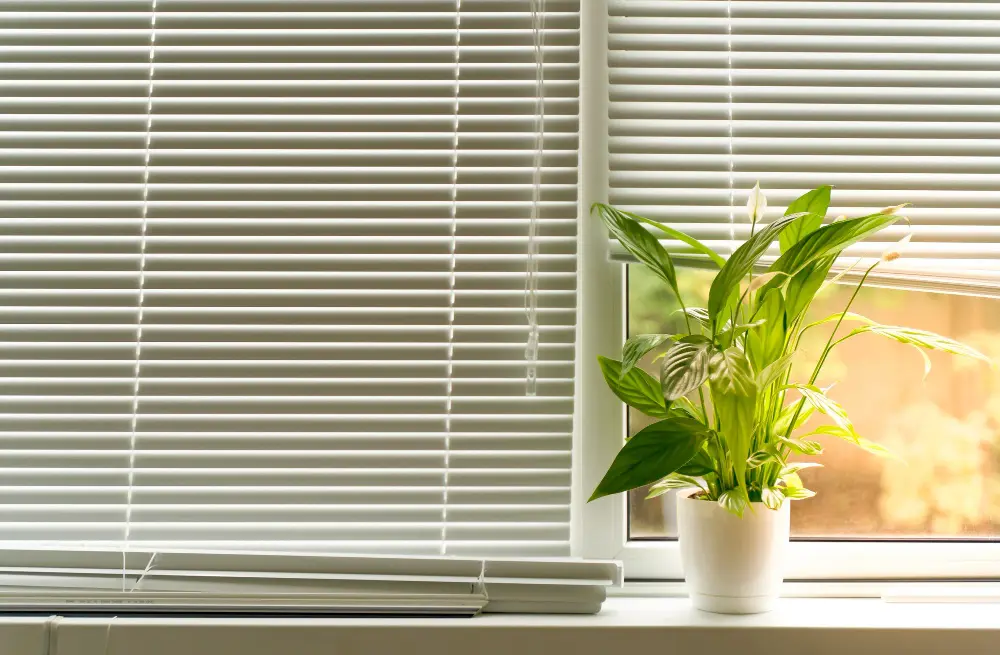Choosing the right flooring for your home is a crucial decision that involves considering various factors such as durability, aesthetics, maintenance, and budget. In recent years, waterproof flooring options have gained popularity due to their ability to withstand moisture and spills, making them ideal for areas prone to water exposure such as kitchens, bathrooms, and basements. Among the top contenders in the waterproof flooring category are laminate and vinyl. Both offer unique benefits and features, but which one is better suited for your needs? In this comprehensive comparison, we’ll explore the key differences between waterproof laminate and vinyl flooring to help you make an informed decision.
Waterproof Laminate Flooring
Waterproof laminate flooring is engineered to mimic the look and feel of hardwood while offering enhanced resistance to moisture and water damage. It typically consists of multiple layers, including a moisture-resistant core, a decorative layer with a realistic wood grain or stone texture, and a protective top layer. Here are some key features of waterproof laminate flooring:
- Authentic Appearance: One of the main attractions of waterproof laminate flooring is its ability to replicate the natural beauty of hardwood or stone at a fraction of the cost. Advanced printing technology allows for intricate designs and realistic textures that closely mimic the look and feel of natural materials.
- Durability: Waterproof laminate flooring is highly durable and resistant to scratches, dents, and fading, making it suitable for high-traffic areas in the home. The protective top layer provides an extra barrier against wear and tear, ensuring long-lasting performance.
- Easy Installation: Many waterproof laminate products feature a click-lock or interlocking system, allowing for easy and hassle-free installation without the need for adhesives or specialized tools. DIY enthusiasts can tackle laminate flooring installation with confidence, saving time and money on professional labor costs.
- Moisture Resistance: Unlike traditional laminate flooring, which can be damaged by moisture and spills, waterproof laminate is designed to repel water, making it suitable for areas where moisture is a concern. The moisture-resistant core helps prevent warping, swelling, and mold growth, maintaining the integrity of the flooring over time.
- Cost-Effectiveness: Waterproof laminate flooring offers excellent value for money, providing the look and performance of natural materials at a more affordable price point. With a wide range of styles, colors, and textures available, homeowners can achieve their desired aesthetic without breaking the bank.
Vinyl Flooring
Vinyl flooring has long been a popular choice for its versatility, durability, and low maintenance requirements. Waterproof vinyl flooring, also known as luxury vinyl flooring (LVF) or rigid core vinyl, takes these benefits a step further by offering enhanced water resistance and stability. Here are some key features of waterproof vinyl flooring:
- Versatility: Waterproof vinyl flooring comes in a variety of styles, including wood, stone, and tile designs, allowing homeowners to achieve the desired look for any room in the house. It can be installed in virtually any indoor space, including kitchens, bathrooms, basements, and even commercial settings.
- Water Resistance: The primary advantage of waterproof vinyl flooring is its ability to repel water and resist moisture damage. Unlike traditional vinyl flooring, which may be susceptible to water infiltration at the seams and edges, waterproof vinyl features a watertight construction that prevents water from seeping through the surface.
- Durability: Waterproof vinyl flooring is highly durable and resistant to scratches, stains, and wear, making it suitable for busy households with children and pets. The rigid core construction provides stability and support, reducing the risk of indentation and damage from heavy furniture or foot traffic.
- Easy Maintenance: Vinyl flooring is exceptionally easy to clean and maintain, requiring only regular sweeping and occasional mopping with a mild detergent solution. The waterproof nature of vinyl makes it resistant to spills and stains, allowing for quick and effortless cleanup.
- Comfort and Sound Absorption: Many waterproof vinyl products feature built-in underlayment or padding layers that provide added comfort underfoot and enhance sound absorption, reducing noise transmission between floors. This makes vinyl flooring particularly well-suited for multi-story homes and apartments.
Comparison
Now that we’ve explored the features of waterproof laminate and vinyl flooring, let’s compare them based on various factors to determine which option may be better suited for your home:
- Appearance: Both waterproof laminate and vinyl flooring offer realistic designs that mimic the look of natural materials such as hardwood, stone, and tile. However, some homeowners may prefer the authentic texture and warmth of laminate flooring, while others may appreciate the versatility and modern aesthetics of vinyl.
- Durability: Both laminate and vinyl flooring are highly durable and resistant to scratches, stains, and fading. However, vinyl flooring may have a slight edge in terms of water resistance and stability due to its rigid core construction, making it less prone to warping or damage from moisture.
- Installation: Waterproof laminate flooring typically features a click-lock or interlocking system that allows for easy DIY installation, while vinyl flooring may require adhesive or glue-down installation, which can be more challenging for beginners. However, some vinyl products offer floating floor installation with click-lock technology, providing a similar level of ease and convenience as laminate.
- Maintenance: Both laminate and vinyl flooring are easy to clean and maintain, requiring only regular sweeping and occasional mopping. However, vinyl flooring may be slightly more resistant to spills and stains due to its waterproof properties, making it an excellent choice for kitchens, bathrooms, and other moisture-prone areas.
- Comfort: While both laminate and vinyl flooring offer comfort underfoot compared to hard surfaces like tile or stone, vinyl flooring may provide superior cushioning and sound absorption thanks to its built-in underlayment or padding layers. This can make vinyl flooring more comfortable to walk on, especially in areas where prolonged standing or heavy foot traffic is common.
Conclusion
In conclusion, both waterproof laminate and vinyl flooring offer excellent benefits and features that make them attractive options for homeowners seeking durable, low-maintenance flooring solutions. Ultimately, the choice between laminate and vinyl will depend on your personal preferences, budget, and specific needs for each room in your home. If you value authenticity and a wide range of design options at an affordable price point, waterproof laminate flooring may be the ideal choice for you. On the other hand, if you prioritize water resistance, versatility, and comfort underfoot, waterproof vinyl flooring could be the perfect fit for your lifestyle. Whichever option you choose, investing in high-quality waterproof flooring will enhance the beauty, functionality, and value of your home for years to come.




